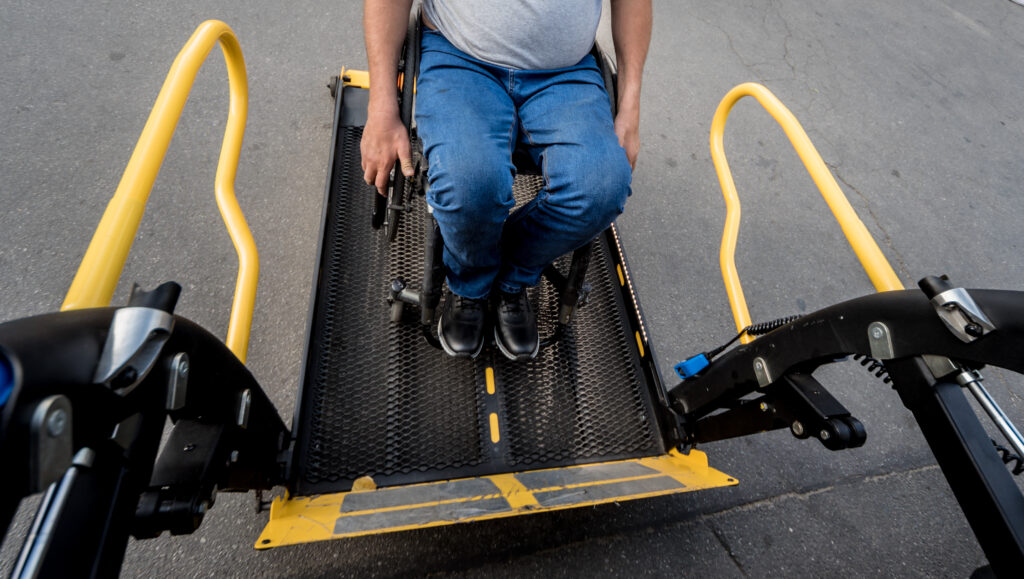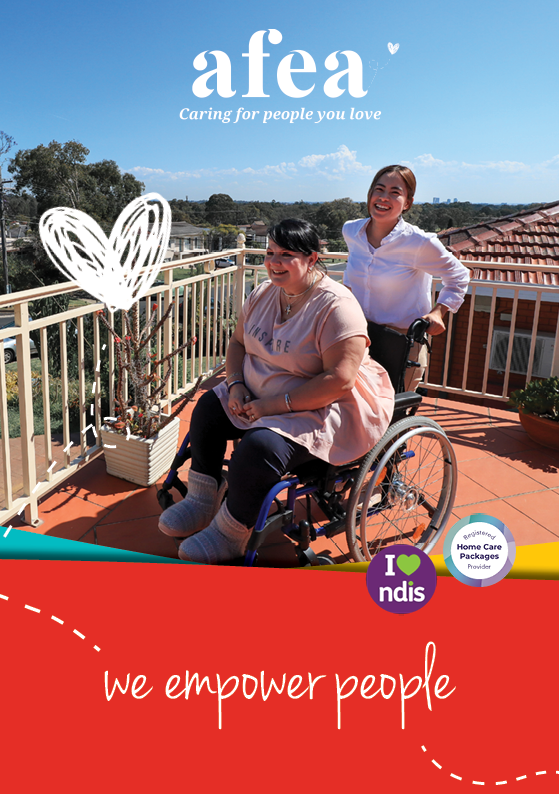How the NDIS funds transport and helps participants achieve independence
Having the ability and freedom to move around in your community is an important part of living an independent life. Disability need not be a barrier for you to be able to attend school, go to work or explore new places!
In this article, we’ll cover the different ways you can access transport support from the NDIS.
Update January 2024: The NDIS system PACE brings a new support category called Transport Recurring. Read more here.
NDIS transport support if you can’t use public transport
If your disability makes it substantially difficult to use public transport, you may be able to access transport assistance through the NDIS. This will be included in your Core funding.
How much you’ll get as transport allowance depends on your needs and circumstances.
There are three levels of transport support available to NDIS participants:
$1,606 per year if you are not working, studying or attending day programs but would like to improve your community access (Level 1)
$2,472 per year if you are currently working or studying up to 15 hours a week, attending day programs or other social activities (Level 2)
$3,456 per year if you are currently working, looking for work, studying at least 15 hours a week and unable to use public transport due to your disability (Level 3)
You can use this funding to pay a transport provider, such as a taxi, rideshare or community bus company. However, this transport allowance can’t be used to pay for other expenses (such as petrol). You also can’t use it to pay an informal carer, such as a friend or family member who offers to drive you around.
What if you can’t travel on your own?

If you require assistance to travel around, you may use your Core funding to pay for a support worker.
A support worker can assist you by driving you or accompanying you to and from your home. They can drive you to your appointments, shopping trips, leisure activities or to visits with family and friends. They can also assist you with personal care in the home to help you get ready before you go out.
Support workers are paid an hourly rate. They can be an independent contractor or employed by an NDIS registered provider (like Afea!).
It’s in your best interest to ask for a service agreement first. The agreement should show the hourly rate and other potential costs to you, such as tolls and parking fees. This way, you’ll know right away whether the support worker can be covered by the funding in your plan.
NDIS transport support if you’d like to build capacity
One of your NDIS goals may be to be able to live more independently. If so, you may receive funding under Capacity Building.
Improved Daily Living under Capacity Building can pay for assessment, training or therapy. This is to help you increase your skills, independence and community participation.
You can use this funding to have an occupational therapist assess your skills. The OT can advise you to undergo travel training or take specialised driving lessons.
Can you get support if you’d like to drive or travel in your own vehicle?
Yes! The NDIS won’t pay for your car. But if you own one and would like to have it modified, the NDIS may be able to include funding for this in your plan.
Sometimes changes need to be made to a vehicle so a person living with disability can use it comfortably. Vehicle modifications can be small and minor, like attaching a steering aid to your steering wheel. It can also be a major modification, like including a wheelchair lift and ramp.

Before committing to vehicle modifications, you can first undergo an assessment from a driver trained occupational therapist or DTOT. You can also trial modifications and look at the maintenance costs of the modifications you need.
Need more help?
If you need assistance around transport, travel and maintaining independence:
- Our Carers/support workers can provide a variety of support, from daily personal care to assisting you 24/7 at our Supported Independent Living homes
- Afea’s Support Coordination team can help you prepare for your NDIS planning meeting and connect you with providers who can give you support
- Afea’s Plan Management team can help you maximise your NDIS funding by keeping track of your spending and paying your providers on time















